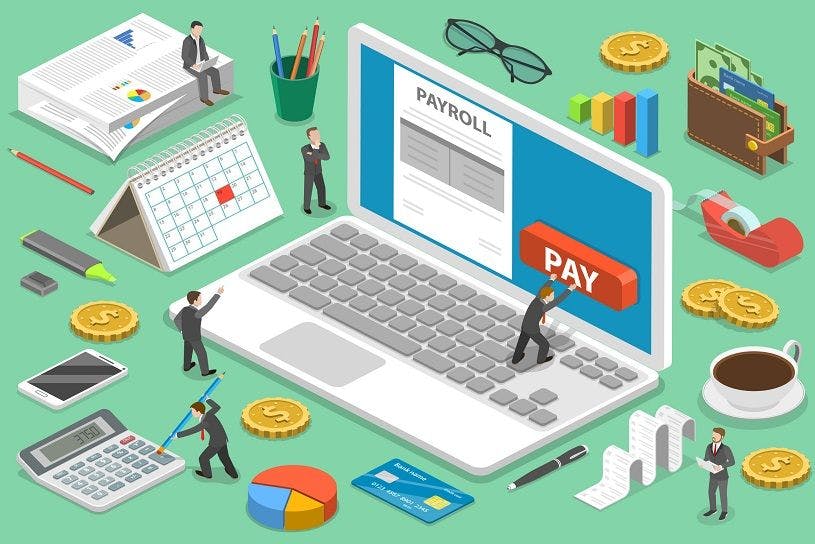Payroll Software: What Is It and How It Benefits HR Teams
by
February 14th, 2021
Rachel has 30 years of regional HR experience in new set up, M&A, and HR transformations across different industries.
About Author
Rachel has 30 years of regional HR experience in new set up, M&A, and HR transformations across different industries.
